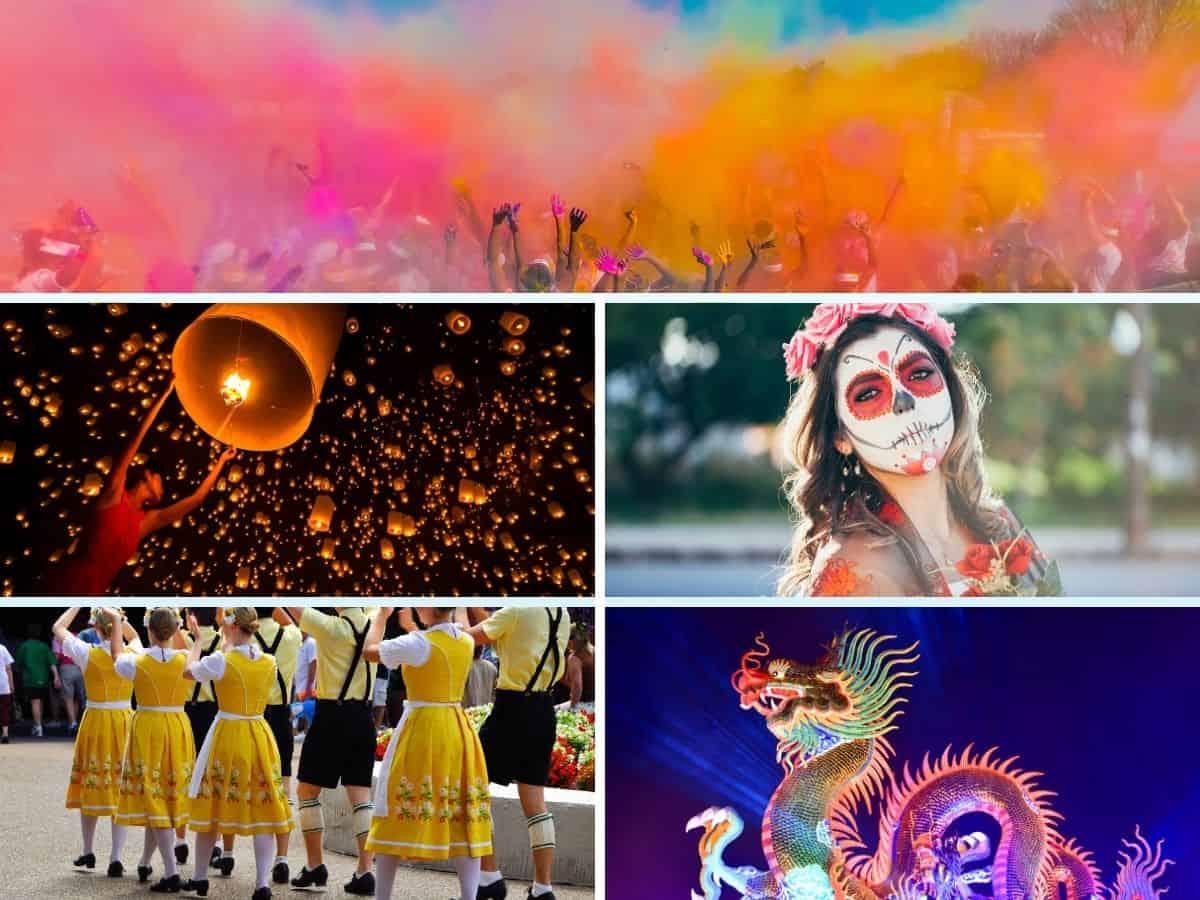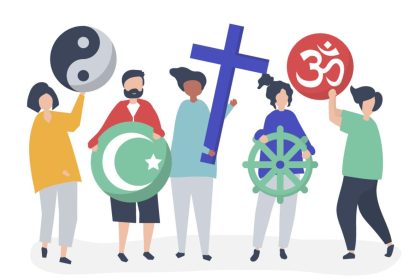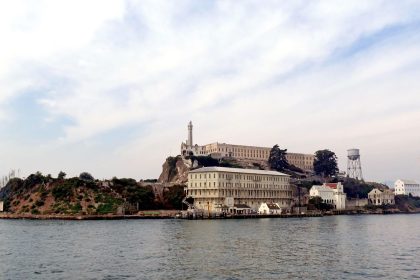Ethnic festivals are vibrant celebrations that offer a unique glimpse into the rich cultural heritage of various communities worldwide. These festivals, deeply rooted in tradition and history, serve as a testament to the diversity and unity of human experiences. They not only preserve the essence of ethnic identities but also provide a platform for cultural exchange and mutual understanding.
Understanding Ethnic Festivals
Ethnic festivals are celebrations that honour and showcase the traditions, customs, and rituals of specific ethnic groups. These festivals are characterized by a rich tapestry of activities, including music, dance, food, and art, all of which reflect the unique cultural elements of the community they represent. The primary aim of these festivals is to celebrate and preserve ethnic heritage while also sharing it with others.
The significance of ethnic festivals extends beyond mere celebration. They play a crucial role in maintaining cultural continuity, fostering community cohesion, and promoting cultural tourism. By participating in or attending these festivals, individuals gain a deeper appreciation of different cultures, fostering greater empathy and respect among diverse populations.
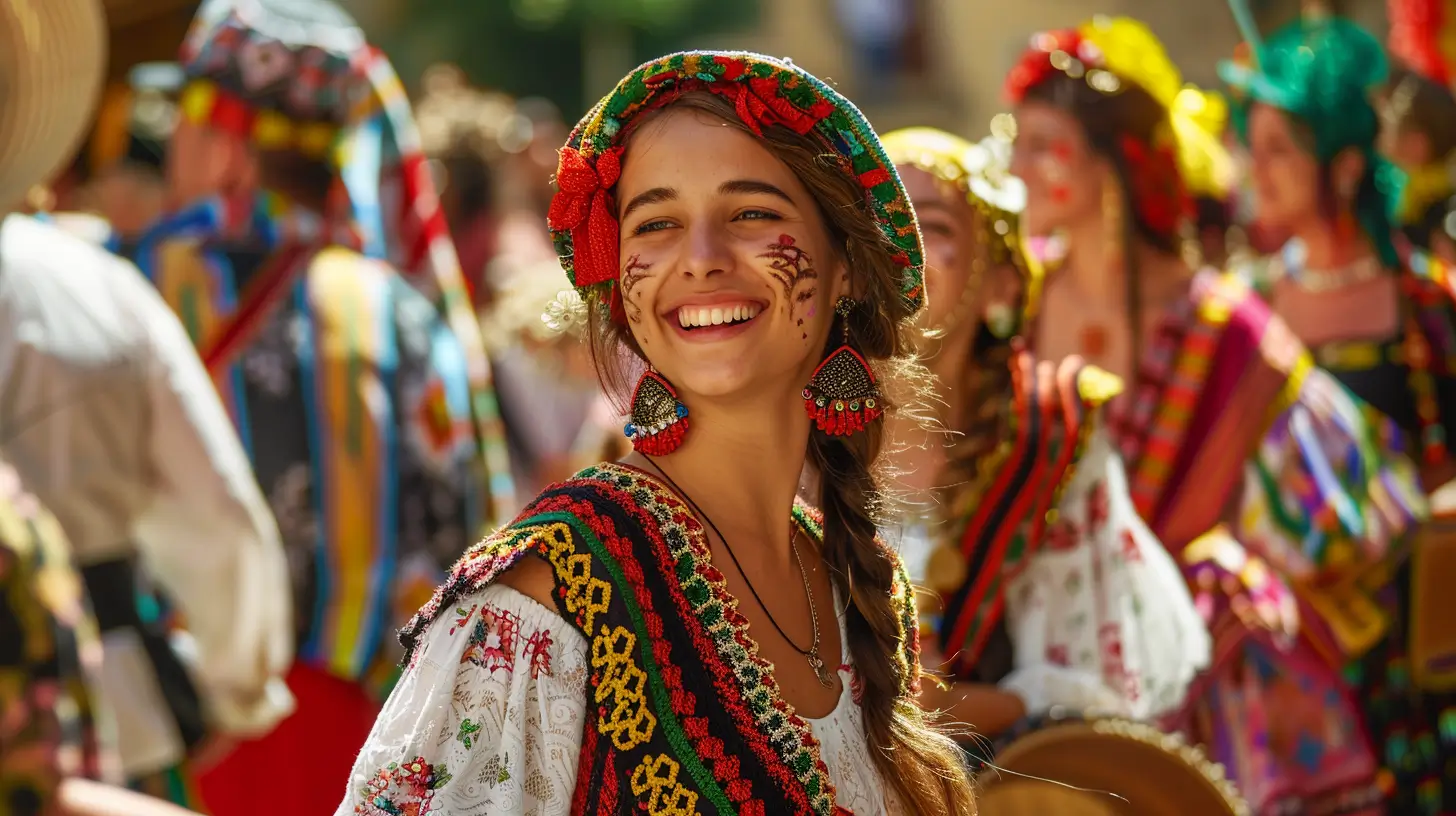
A Global Perspective: Examples of Ethnic Festivals
Across the globe, ethnic festivals are celebrated with great enthusiasm and pride. Here are a few notable examples:
Diwali (India): Known as the Festival of Lights, Diwali is a major Hindu festival celebrated with grandeur across India and among the Indian diaspora. It involves lighting oil lamps, bursting fireworks, and enjoying festive sweets, all symbolizing the triumph of light over darkness and good over evil.
Carnival (Brazil): The Rio Carnival is one of the largest and most famous ethnic festivals in the world. It features elaborate parades, samba music, and colourful costumes, reflecting Brazil’s rich Afro-Brazilian heritage and its passion for music and dance.
Lunar New Year (China): Also known as Chinese New Year, this festival marks the beginning of the lunar calendar and is celebrated with traditional dragon dances, fireworks, and family reunions. It embodies the values of family, prosperity, and good fortune.
Mardi Gras (United States): Originating in New Orleans, Mardi Gras is a lively festival marked by parades, masquerade balls, and vibrant street parties. It combines French, Spanish, and African traditions, showcasing the cultural melting pot that defines New Orleans.
The Role of Literary Festivals within Ethnic Celebrations
While ethnic festivals focus on cultural traditions and practices, literary festivals also play a significant role in celebrating and exploring cultural identities. Literary festivals often highlight works from diverse ethnic backgrounds, offering a platform for authors, poets, and storytellers to share their narratives and perspectives. These festivals can be a vital component of ethnic festivals, enriching them with intellectual and creative discourse.
Literary festivals such as the Jaipur Literature Festival in India and the Brooklyn Book Festival in the United States often feature discussions and readings by authors from various ethnic backgrounds. These events provide audiences with insights into different cultures through literature, fostering a deeper understanding of the themes and issues that shape different ethnic experiences.
Explore More: The Significance of Historical Landmarks: A Journey Through National Historic Landmarks
Connecting the Dots: Ethnic Festivals and Literary Discourse
Ethnic and literary festivals might seem distinct at first glance, but they share a common goal: to celebrate and disseminate cultural knowledge. By integrating literary discussions into Celebrations of Ethnicities, organizers can offer attendees a multi-faceted experience that encompasses both traditional and contemporary cultural expressions.
For example, a festival celebrating Afro-Caribbean culture might feature traditional drumming and dance alongside literary readings from Caribbean authors. This blend of performance and literature allows participants to engage with the culture on multiple levels, enhancing their overall experience and understanding.
Similarly, a literary festival focusing on Indigenous authors can be complemented by cultural performances and traditional practices, creating a rich, immersive experience that highlights both the historical and contemporary aspects of Indigenous cultures.
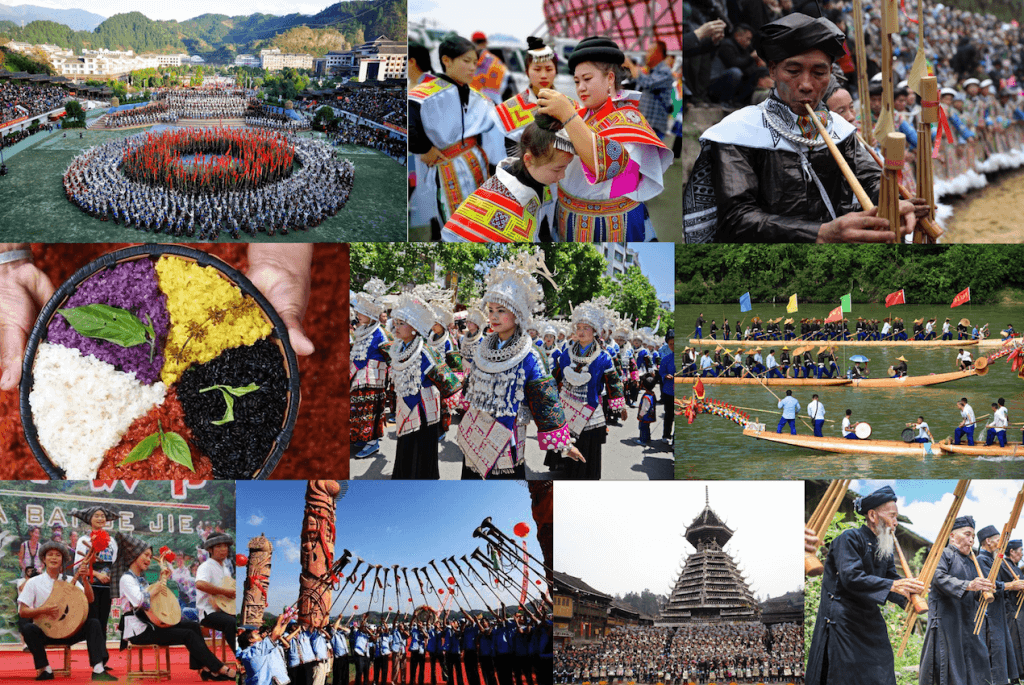
The Impact of Ethnic Festivals on Cultural Preservation and Exchange
Celebrations of Ethnicitiesserve as vital tools for cultural preservation. They provide a space for communities to practice and showcase their traditions, ensuring that these practices are passed down through generations. This preservation is essential in an increasingly globalized world where there is a risk of cultural homogenization.
Moreover, Celebrations of Ethnicities promote cultural exchange by inviting people from various backgrounds to participate in or observe these celebrations. This exchange fosters mutual respect and understanding, helping to bridge gaps between different communities. Through shared experiences and interactions, individuals can learn about and appreciate the diversity of human cultures.
Challenges and Future Directions
Despite their benefits, Celebrations of Ethnicities face several challenges. The commercialization of festivals can sometimes overshadow their cultural significance, turning them into mere tourist attractions. Additionally, maintaining authenticity while accommodating a diverse audience can be a delicate balance for organizers.
To address these challenges, it is important for festival organizers to engage with local communities and cultural experts. By ensuring that festivals remain true to their cultural roots while also embracing inclusivity, they can continue to serve as authentic and meaningful celebrations of ethnic heritage.
Looking to the future, Celebrations of Ethnicities have the potential to become even more integrated with global cultural narratives. By incorporating elements from literary festivals and other cultural events, Celebrations of Ethnicities can offer richer, more nuanced experiences that reflect the complexity and interconnectedness of modern cultures.
Conclusion
Celebrations of Ethnicities are colourful manifestations of ethnic identity and continuity rather than merely celebratory events. They offer priceless chances for cultural interaction, education, and preservation. By embracing the intersection of ethnic and literary festivals, we can create richer, more engaging experiences that celebrate the diversity and unity of human cultures. As we look to the future, it is essential to continue supporting and nurturing these festivals, ensuring they remain dynamic and authentic reflections of the world’s cultural mosaic.



